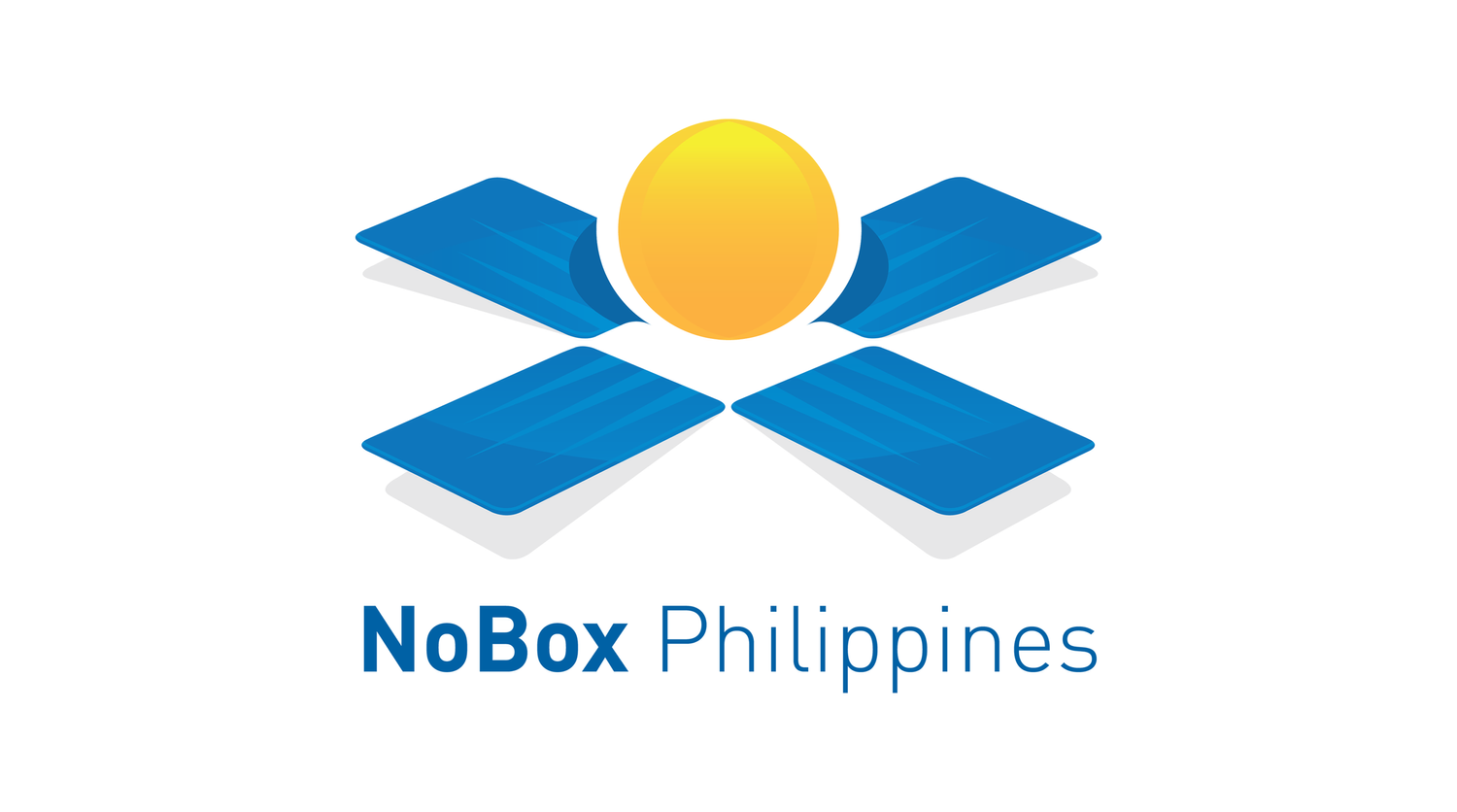Harm Reduction, Health, and Human Connection
Ma. Inez Feria of NoBox Transitions Foundation, Inc. (Philippines) spoke as a panelist for the Drugs and Health roundtable discussion. This speech was given at the United Nations Informal Interactive Stakeholder Consultation in New York last February 10, 2016 as part of the preparatory process towards UNGASS 2016
The relationship between drugs and health, as we were taught, was: drug use, leads to problems, you go to treatment, and everything’s gonna be okay. If not okay, then it’s your fault.
It is not that simple, or as linear.
People have different lives, with different stories. And it’s tremendously helpful to understand, without judgement, each one’s.
Often, drug use simply does not take centre stage in someone’s list of concerns. So whatever concern they bring to us, that is what we work on together.
And at times, this means drug use shall continue during treatment. And that’s alright. We use this golden opportunity to engage that person at a point where they want to make positive changes in their life! It’s at that opportunity that change begins. And to deny treatment, as many do, because someone is still using is unethical.
Back home, many are forced—sometimes literally dragged and drugged—into treatment. But evidence and experience show that people do come on their own: when they know they won’t be judged or humiliated; they won’t be punished; when they feel understood. They come, they connect, they access treatment, they continue it, and they stay with it.
This is harm reduction. In an environment that allows it, this is what happens.
When we had the needle syringe program, people lined up by the hundreds, infections stabilized, some even sought further treatment. This tells us that people who use drugs care about themselves, and they will access the services necessary—and relevant—to them.
But our needle syringe program was condemned and halted. And we lost the connection as soon as we had it, when we urgently needed it!
The Philippines now has the fastest growing HIV epidemic in the world. Nearly every person injecting drugs diagnosed with HIV has Hepatitis C. And what they also have, is nowhere left to go.
Back home, drug use is a crime. In poor communities, the only response to drug use they know comes from the police. People are left with very few options, fear driving many further underground and into isolation, with families totally at a loss at what to do.
People targeted and brought to jail become exposed to traumatic abuses and health risks. People have died in prison before conviction, some before even reaching trial. We may not have the death penalty, but people are being sentenced nonetheless to silent executions.
It is very clear: to punish is to sabotage. Criminalization, compulsory treatment, and isolation do nothing to protect and promote health and welfare.
Government and Civil Society need to trust each other, and build on each other’s strengths and resources. It is essential that Civil Society, and especially the affected population, are unafraid for our lives when we take an active role, a role we need to have not as an accommodation, but as real partners.
Harm reduction is preventive treatment. Harm reduction is evidence-based treatment.
Harm reduction—kindness—simply put, saves lives. And isn’t that the whole point?
Please let us not be afraid of Harm Reduction. It is the most operationally beautiful gift that we have. It gives back people the dignity that they have lost, that was taken away from them. And it saves lives, period.
